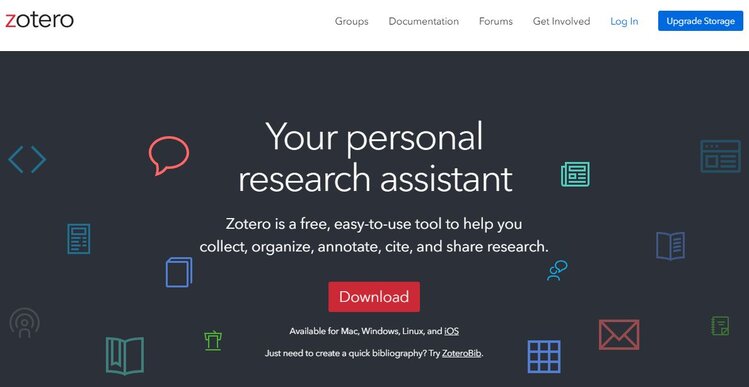June 18th, 2024
Top 10 AI Tools for Research
By Josephine Santos · 10 min read

Overview
In an era where artificial intelligence (AI) reshapes every facet of life, academic research has not been left untouched. AI tools have become a cornerstone for scholars and students alike, revolutionizing the way research is conducted. From data analytics to natural language processing to math solving, these AI tools are not just aiding in the collection of data but are enhancing the accuracy and efficiency of academic pursuits. Here's a glimpse into the top 10 AI tools that are reshaping academic research in 2024, ensuring researchers can gather more precise information faster than ever before.

1. Google Scholar
2. Julius
Julius is an AI tool tailor-made for modern academic research. It distinguishes itself by offering personalized assistance in statistical analysis and literature review, making it an invaluable asset for students and researchers alike. With Julius, users can analyze datasets, visualize data trends, and receive guidance on structuring their research findings. Its advanced data processing capabilities offer a much less frustrating experience than R or SPSS for both new and practiced researchers.
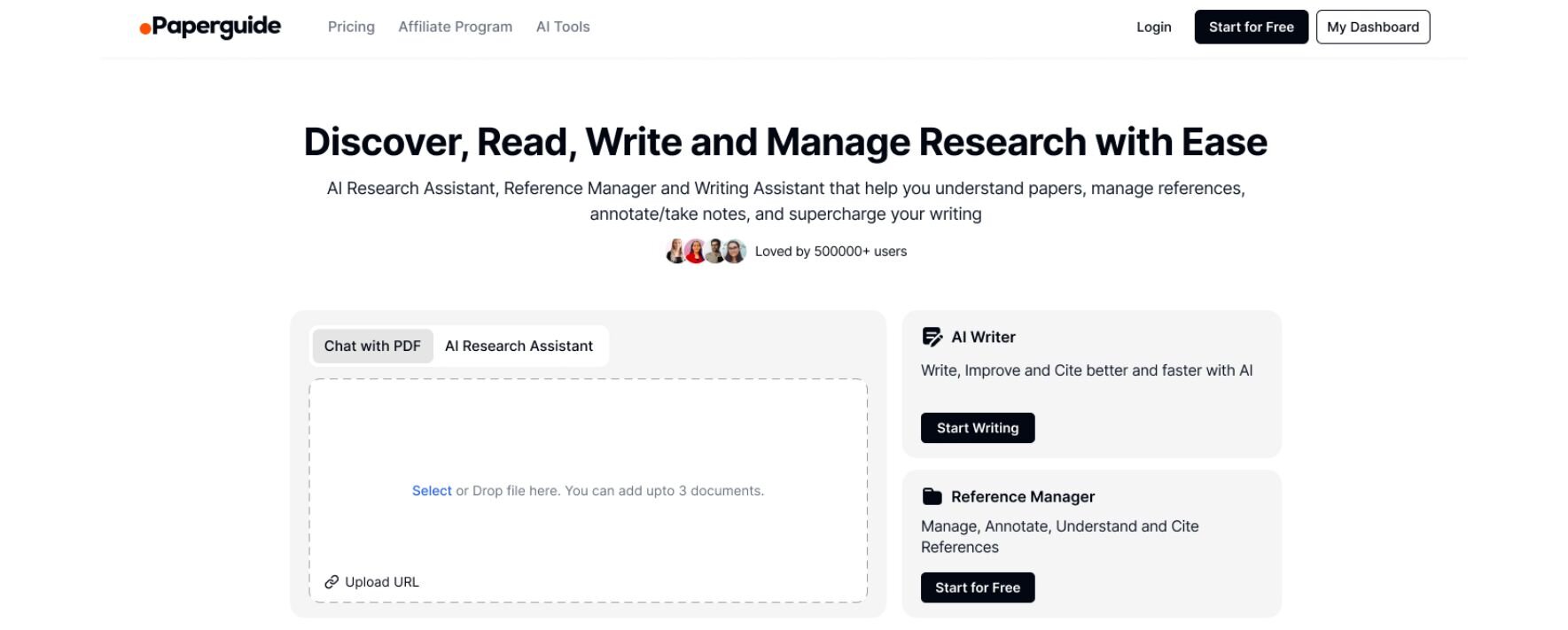
3. Paperguide
Paperguide is a popular AI platform for collecting, understanding, and producing research papers. Save time manually searching through academic paper repositories with Paperguide's AI Search feature, and synthesize collected literature with their AI Research Assistant.

4. Elicit
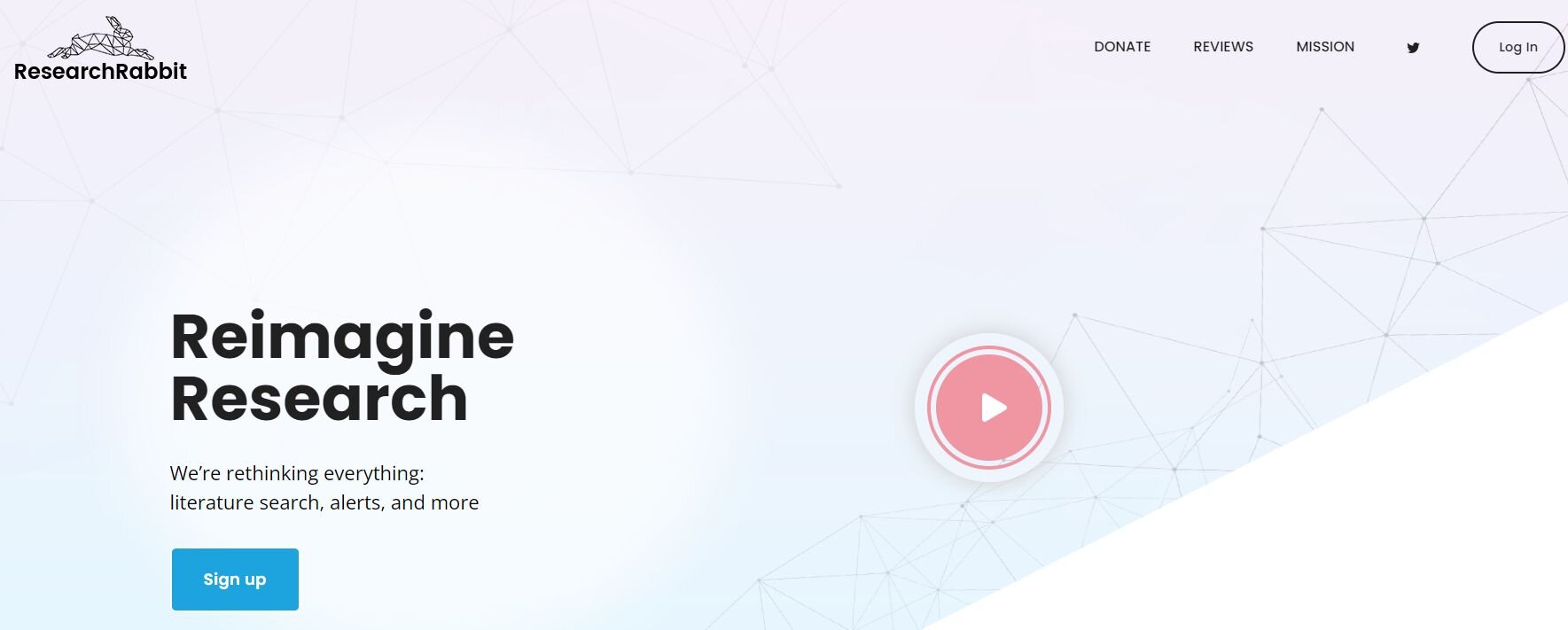
5. Research Rabbit
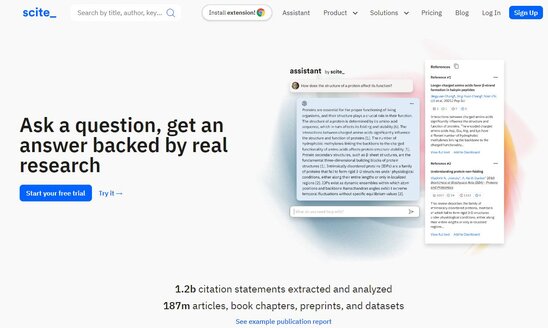
6. Scite

7. ChatPDF
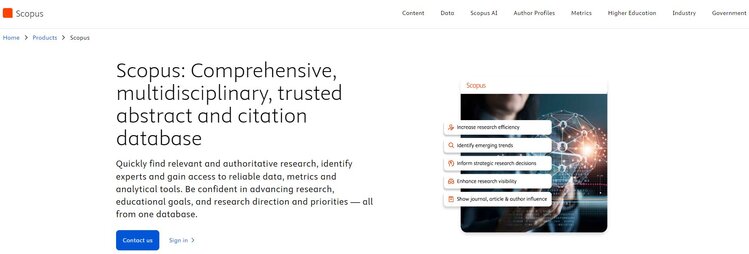
8. Scopus

9. SciSpace (Typeset.io)
